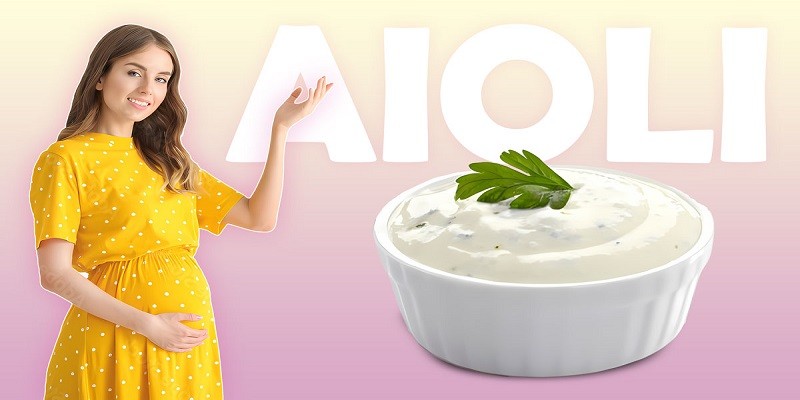Yes, you can eat aioli when pregnant, but it is crucial to ensure that it is made with pasteurized eggs to avoid the risk of foodborne illnesses such as salmonella. Commercially prepared aioli is generally safe, but homemade versions should be approached with caution unless pasteurized eggs are used.
Aioli, a popular Mediterranean sauce made from garlic, olive oil, and egg yolks, is a flavorful addition to many dishes. However, pregnant women often wonder if it is safe to consume due to the potential risks associated with raw eggs. This article explores the safety of eating aioli during pregnancy, its nutritional value, and precautions to take.
What is Aioli?
Aioli is a traditional Mediterranean sauce that combines garlic, olive oil, and egg yolks to create a creamy, flavorful condiment. It is often used as a dip for vegetables, a spread for sandwiches, or a sauce for seafood. The name “aioli” comes from the French word “ail” (garlic) and the Catalan word “oli” (oil), highlighting its primary ingredients.
Nutritional Value of Aioli
| Nutritional Value | Details |
|---|---|
| Calories | 769 kcal per 100g |
| Total Fat | 84.6 g per 100g |
| Cholesterol | 77 mg per 100g |
| Protein | 0 g per 100g |
| Carbohydrates | 0 g per 100g |
| Fiber | 0 g per 100g |
Risks of Eating Aioli During Pregnancy
Safe Ways to Eat Aioli During Pregnancy
To safely enjoy aioli during pregnancy, opt for commercially prepared versions that use pasteurized eggs, as these are heat-treated to eliminate harmful bacteria. If making aioli at home, ensure that pasteurized eggs are used. Additionally, always store aioli in the refrigerator and consume it within the recommended time frame to prevent bacterial growth.
Alternatives to Aioli During Pregnancy
Experts Tips
- Check Labels: Always read labels to ensure aioli is made with pasteurized eggs (source: Healthline).
- Ask at Restaurants: When dining out, ask if the aioli is made with pasteurized eggs (source: BabyCenter).
- Homemade Precautions: Use pasteurized eggs and store aioli properly to minimize risks (source: Australian Eggs).
FAQs
Can I eat homemade aioli during pregnancy?
Homemade aioli can be safe if made with pasteurized eggs. Avoid using raw eggs to reduce the risk of salmonella.
What are the symptoms of salmonella infection?
Symptoms include fever, diarrhea, abdominal cramps, and vomiting. If you experience these after eating aioli, seek medical attention immediately.
Is commercially prepared aioli safe during pregnancy?
Yes, commercially prepared aioli is generally safe as it is made with pasteurized eggs, which eliminates harmful bacteria.
Can I eat aioli if I have an egg allergy?
No, aioli contains eggs and should be avoided if you have an egg allergy. Consider vegan alternatives instead.
How long can I store aioli in the fridge?
Aioli can be stored in the refrigerator for up to one week if kept in an airtight container. Always check for signs of spoilage before consuming.
Conclusion
While aioli can be enjoyed during pregnancy, it is essential to ensure it is made with pasteurized eggs to avoid the risk of foodborne illnesses. Opt for commercially prepared aioli or take precautions when making it at home. By following these guidelines, you can safely enjoy this delicious condiment without compromising your health or that of your baby.
Last Updated on May 29, 2024 by Marjorie R. Rogers, MA (English), Certified Consultant

